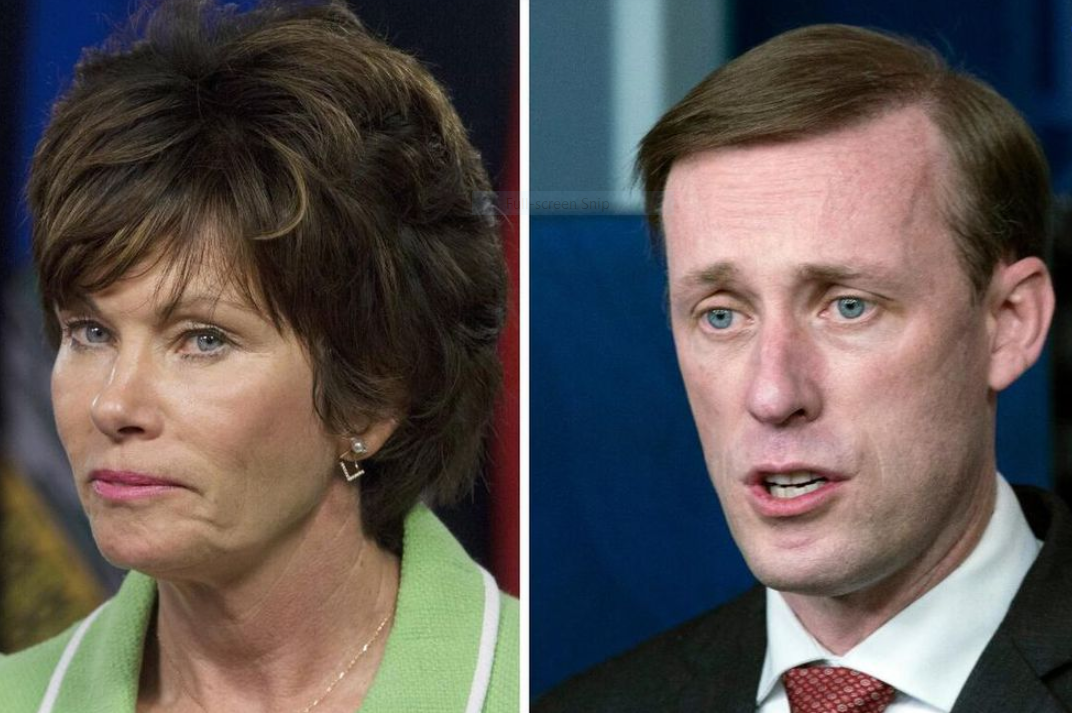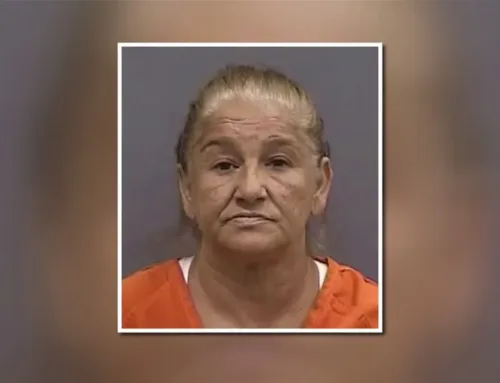August 11, 2021
-The Star
EDMONTON—Alberta’s energy minister has rebuked U.S. President Joe Biden’s administration after it asked the Organization of the Petroleum Exporting Countries to ramp up oil production.
On Wednesday, Biden’s national security adviser, Jake Sullivan, released a statement calling for additional oil production from OPEC+ — which comprises of nations such as Russia and Saudi Arabia — over and above what the group has already promised to pump out in the wake of the COVID-19 pandemic.
“Higher gasoline costs, if left unchecked, risk harming the ongoing global recovery,” said Sullivan.
“While OPEC+ recently agreed to production increases, these increases will not fully offset previous production cuts that OPEC+ imposed during the pandemic until well into 2022,” he added.
“At a critical moment in the global recovery, this is simply not enough.”
In a Prairie province still reeling from Biden’s cancellation of the Keystone XL pipeline project, them’s fightin’ words.
“The Biden administration pleading with OPEC to increase oil production to rescue the United States from high fuel prices months after cancelling the Keystone XL pipeline smacks of hypocrisy,” Alberta Energy Minister Sonya Savage said in a statement.
“Keystone XL would have provided Americans with a stable source of energy from a trusted ally and friend that adheres to the highest (environmental, social, and governance) standards in the world with industry commitments to net-zero production.”
Her remarks refer to the Keystone XL project that Biden scuppered in one of his first major moves after becoming president.
Premier Jason Kenney’s government had agreed to invest $1.5 billion into Keystone XL as a lifeline.
Alberta has been desperate for pipelines for years as it has struggled to diversify its customer base. Alberta is the third largest oil-producing jurisdiction in the world and the majority of its crude flows south to the United States.
Keystone XL, a project that had been in the works for over a decade, would have delivered 830,000 barrels per day of crude oil from Hardisy, Alta., down to Steele City, Neb., then to the U.S. Gulf Coast.
“The Biden administration’s plea for more oil confirms there will continue to be demand for Canadian and Alberta energy, and highlights the need for affordable and reliable energy as the world seeks to lower emissions,” said Savage.
Savage said this is “despite a deliberate push from our federal government to transition away from oil and gas.”
The U.S. call for increased oil production comes amid recent fuel shortages in that country, tough times for the oil and gas industry in Alberta, and renewed scrutiny of the world’s use of fossil fuels after the UN’s Intergovernmental Panel on Climate Change this week released an alarming climate-change report.
The report found that in about 10 years, global temperatures will whip past levels the international community has deemed dangerously warm, bringing extreme weather and rolling climate disasters.
The report prompted fresh calls for humanity to move away from fossil fuels — something the federal government in Ottawa has begun to look at how to best do.
In a report released in July, the Pembina Institute, a clean energy think-tank, said that Alberta accounts for 38 per cent of Canada’s emissions and that the province’s emissions increased by 17 per cent between 2005 and 2019. The oil-and-gas sector accounts for 51 per cent of Alberta’s overall emissions, the report noted.




